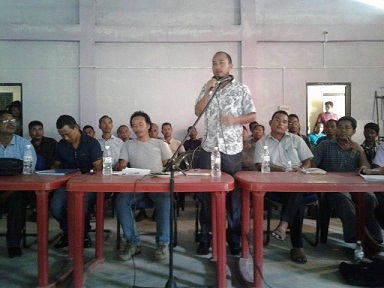
TURA, SEPT 7: The India – Bangladesh Border Grievance Committee in Meghalaya’s South Garo hills on Wednesday demanded resettlement package and compensation from central government for displaced families, who had to part away with their land in the border fencing.
The committee said that more than 80 families in fifteen villages are living outside the fencing from Baghmara to Moheskola in South Garo Hills.
The committee is of the view that government of India should re-visit and reconstruct the India – Bangladesh border at “zero line”, pay land compensation to the families who had to part away with their home and agricultural land, provide resettlement package and government schemes provided to people living along the zero line.
“Most of the construction is beyond 150 yards. Hundreds of families have already been displaced and there are more than 80 families living outside fencing in South Garo Hills”, said Skillson M. Sangma, secretary of India – Bangladesh Border Grievance Committee.
The committee in a release issued today stated that those living outside fence are deprived of all government scheme including water, electricity, IAY and MGNREGA works. “The people are living like refugees in their own homeland”, Skillson added.
“The people living outside the fencing in the border areas are poor agriculturist. However, the BSF personnel are not allowing them to construct cow shed nor carry out extension of their existing houses”, the committee said.
The people fear that huge land owned by them, which are their only source of livelihood would be abandoned in the process of fencing. Though they are not opposed to fencing but are seeking resettlement for families, who are affected in the process.
“It is unfortunate for the families, who have to part away from their ancestral land. The imposition of 144 Cr.P.C along the international border have restricted movement of civilians, which is a matter of concern as students, farmers and dailies wagers would face difficulty”, said the committee.
In August last, 144 Cr.P.C was imposed by the deputy commissioner of South Garo Hills in view of the heightened cases of dacoity and unlawful activities in the border areas.
The committee also raised their apprehension and fear from militants, who easily move around the border areas.
Political leader Rakkam Sangma said that Bangladesh authorities have failed to adhere to the 1972 and 1975 agreement signed between the two nations for construction of fencing 150 yard from the actual international border (zero line).
“It is meaningless pact as the government of Bangladesh had not yet taken any initiative for construction of fencing. Therefore, taking this agreement forward by our Indian authority makes no sense. We (India) should construct border fencing at so called zero line, so that livelihood of the people living along the border and their settlement will not be affected”, said Rakkam.
He also termed that benefits not accorded to the people living outside the demarcated line as “inhumane act” meted to the people of India by its own government. Rakkam said that he has apprised Tura MP Conrad Sangma to take up the matter with union home ministry.
Rophul Marak, legislator of Siju – Rongara said that he would take up the matter with the authorities in the state, so that it can be pursued with the centre. On September 3, a public meeting was also organised by the committee,which was attended by over 2500 people.-From Our Correspondent








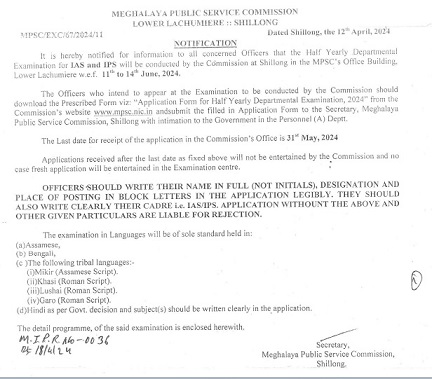



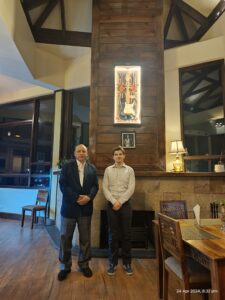
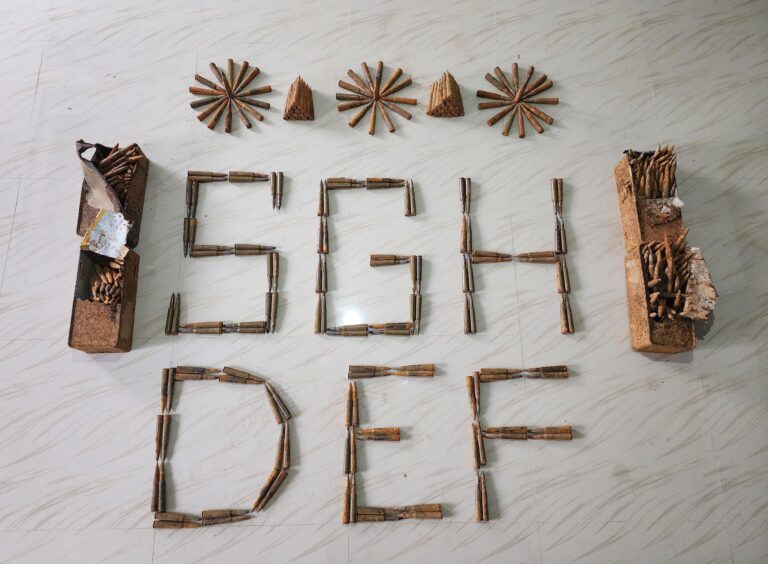
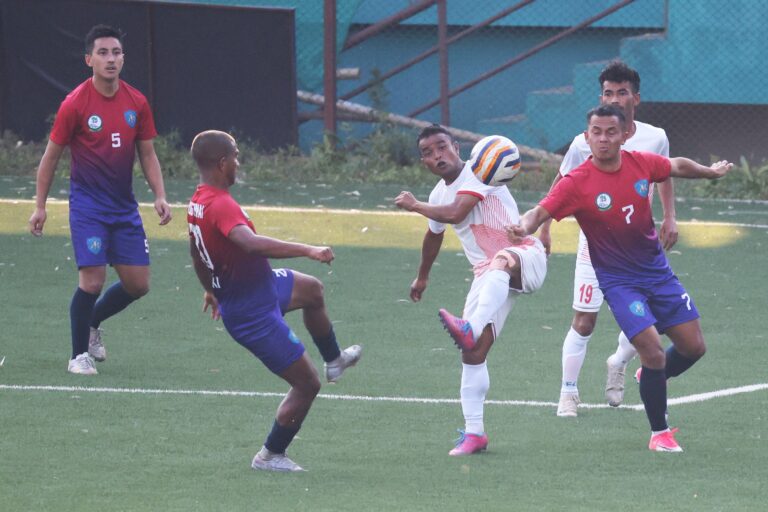

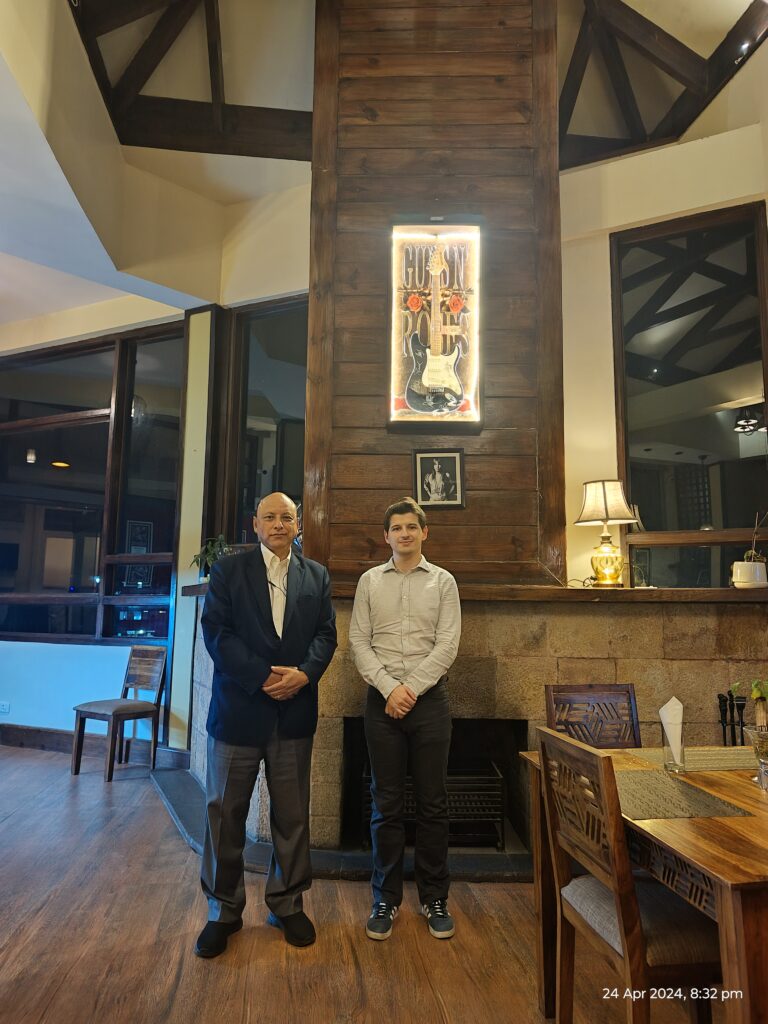
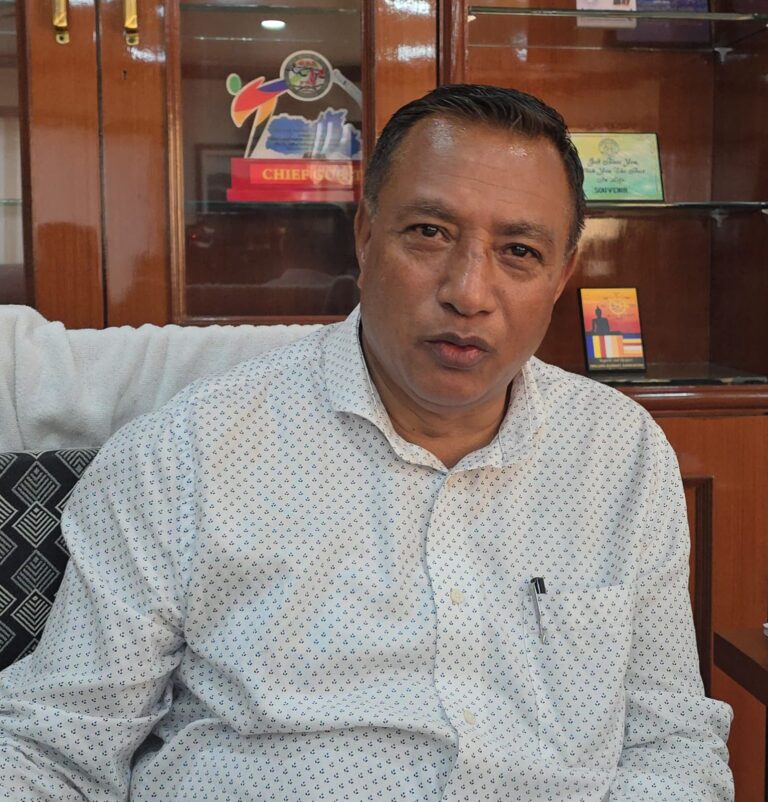
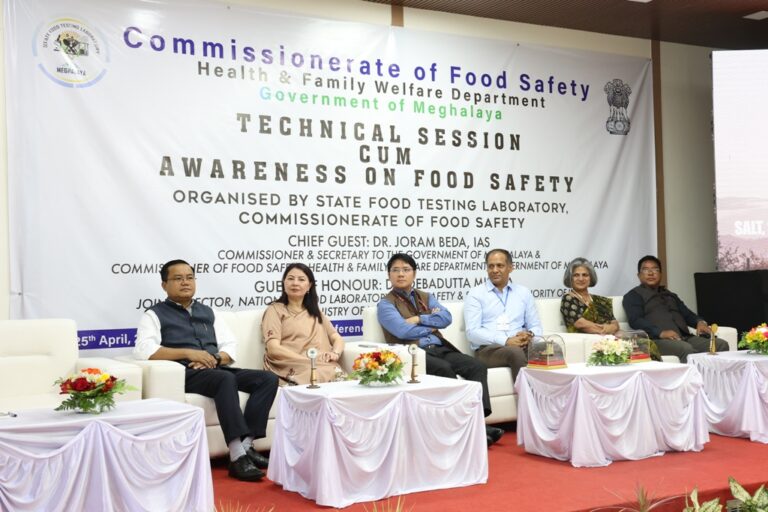
+ There are no comments
Add yours